The Creativity Question
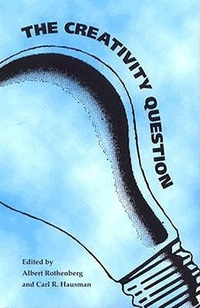
Summary
Albert Rothenberg, a psychiatrist, and Carl R. Hausman, a philosopher, have prepared a truly comprehensive interdisciplinary book of readings on creativity. This group of selections from the works of writers in psychiatry, philosophy, psychology, psychoanalysis, and education brings together, for the first time, major theoretical works, outstanding empirical findings, and discussions of the definition and nature of creativity.
The organization of The Creativity Question is unique: it illustrates the various approaches and basic assumptions underlying studies of creativity throughout the course of history up to the present time. The main body of selections appears under the categories of descriptions, attempts at explanation, and alternate approaches. As specific orientations to creativity can be traced to particular initiating thinkers and investigators, there is a special chapter on seminal accounts containing selections from the works of Plato, Aristotle, Kant, Galton, and Freud. Another chapter includes recent illustrations of special types of exploratory trends: creativity of women, brain research, synectics, extrasensory perception, behaviorism, and creativity computer programming. This organization highlights the tension between strictly scientific accounts and alternative approaches offering new ways of understanding. The editors have provided for the books as a whole and for each chapter explanation and discussion of the basic issues raised by the various approaches to creativity.
Similar Books
-
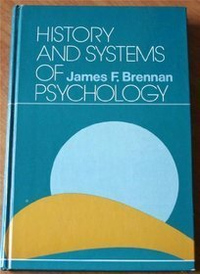 History and systems of psychology
History and systems of psychologyby James F. Brennan
-
 History and Systems of Psychology
History and Systems of Psychologyby James F. Brennan
-
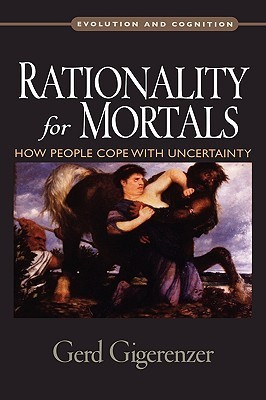 Rationality for Mortals: How People Cope with Uncertainty
Rationality for Mortals: How People Cope with Uncertaintyby Gerd Gigerenzer
-
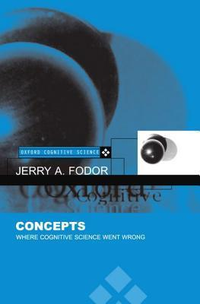 Concepts: Where Cognitive Science Went Wrong
Concepts: Where Cognitive Science Went Wrongby Jerry A. Fodor
-
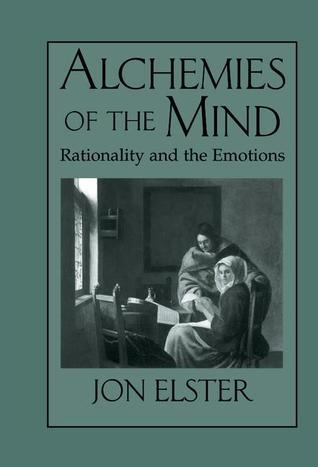 Alchemies of the Mind: Rationality and the Emotions
Alchemies of the Mind: Rationality and the Emotionsby Jon Elster
-
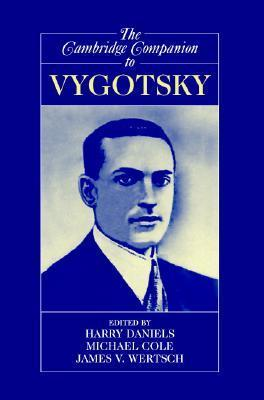 The Cambridge Companion to Vygotsky
The Cambridge Companion to Vygotskyby Harry Daniels
-
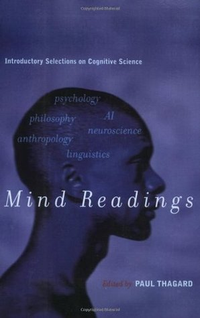 Mind Readings: Introductory Selections on Cognitive Science
Mind Readings: Introductory Selections on Cognitive Scienceby Paul Thagard
-
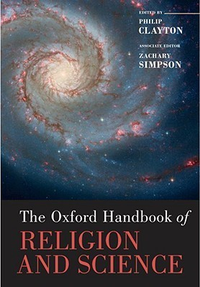 The Oxford Handbook of Religion and Science
The Oxford Handbook of Religion and Scienceby Philip Clayton
-
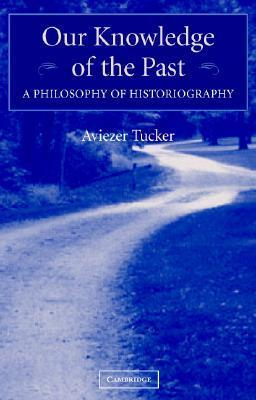 Our Knowledge of the Past: A Philosophy of Historiography
Our Knowledge of the Past: A Philosophy of Historiographyby Aviezer Tucker
-
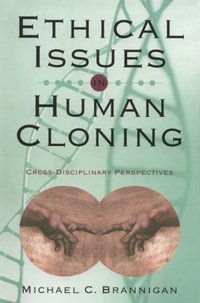 Ethical Issues in Human Cloning: Cross-Disciplinary Perspectives
Ethical Issues in Human Cloning: Cross-Disciplinary Perspectivesby Michael C. Brannigan
-
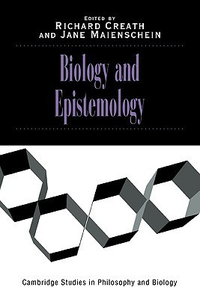 Biology and Epistemology
Biology and Epistemologyby Richard Creath
-
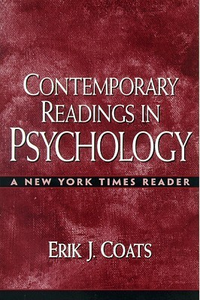 Contemporary Readings in Psychology: A New York Times Reader
Contemporary Readings in Psychology: A New York Times Readerby Erik J. Coats
-
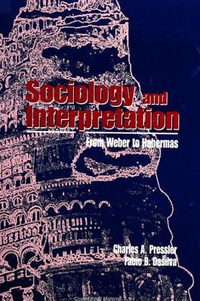 Sociology and Interpretation: From Weber to Habermas
Sociology and Interpretation: From Weber to Habermasby Charles A. Pressler
-
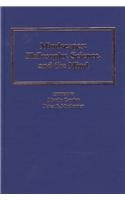 Mindscapes: Philosophy, Science, and the Mind
Mindscapes: Philosophy, Science, and the Mindby Martin Carrier
-
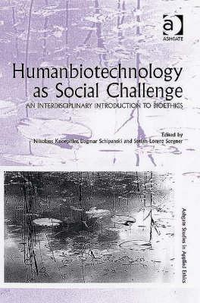 Humanbiotechnology as Social Challenge: An Interdisciplinary Introduction to Bioethics
Humanbiotechnology as Social Challenge: An Interdisciplinary Introduction to Bioethicsby Nikolaus Knoepffler
-
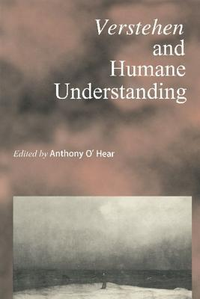 Verstehen and Humane Understanding
Verstehen and Humane Understandingby Anthony O'Hear
-
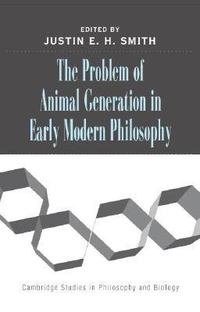 The Problem of Animal Generation in Early Modern Philosophy
The Problem of Animal Generation in Early Modern Philosophyby Justin E. H. Smith